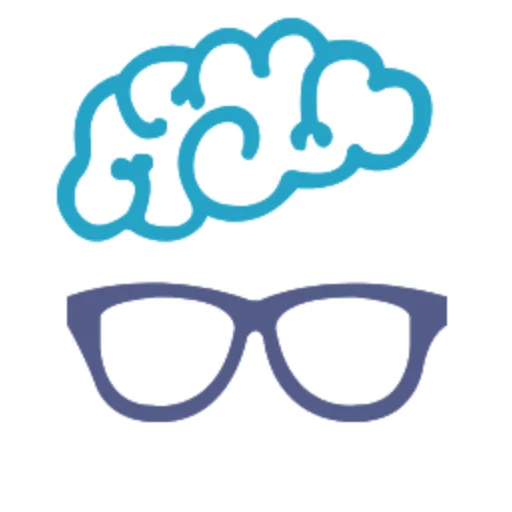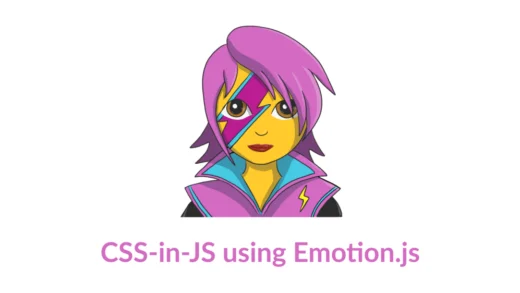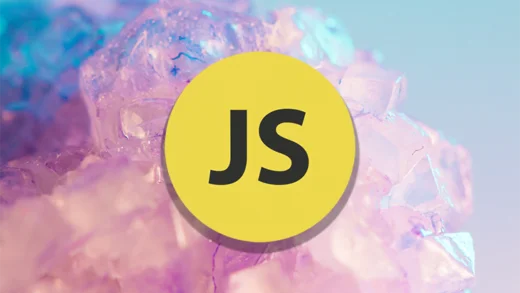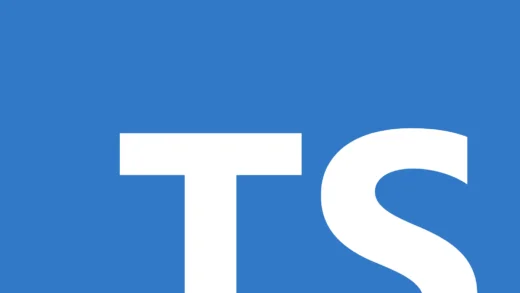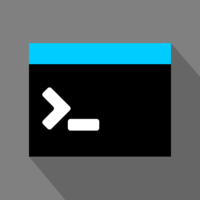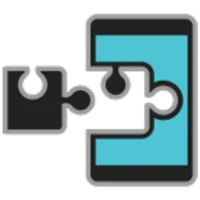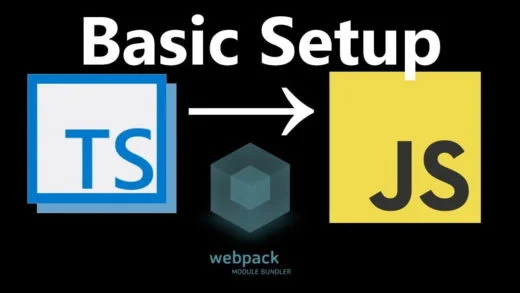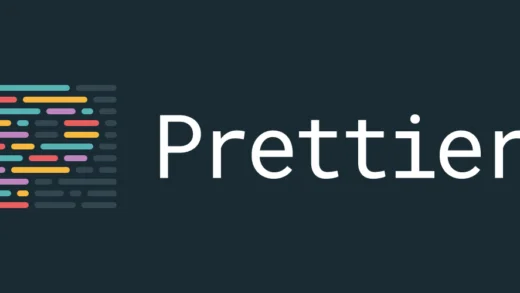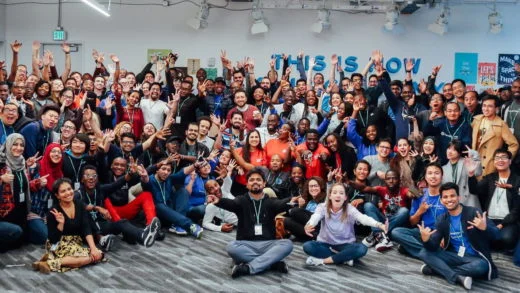The Software as a Service (SaaS) industry has changed dramatically over the years. Decentralized SaaS platforms have also become a formidable alternative to traditional cloud-based solutions. Alternatively, conventional SaaS platforms provide inimitable functionality, security and privacy elements that are simultaneously attractive for manufacturers and businesses. This article discusses the rise of Decentralized SaaS, looking at its consequences to the industry and practical examples.
The Rise of Decentralized SaaS
There is interdependence between the centralized cloud systems and the classic SaaS storyline. This traditional model involves applications and data stored on a central server, which is managed by a third-party provider. However, this centralized trend is transforming with the development of distributed SaaS. Decentralization in the form of a distributed architecture makes consumers more flexible, secure and autonomous.
It is because of this fact that decentralized Software as a Service platforms have emerged as an appealing alternative to centralized IT infrastructure, especially for businesses seeking more control.
Decentralized Software as a Service platforms have become an attractive substitute for centralized IT infrastructure for enterprises looking for greater control. The need for improved data privacy, less reliance on a single point of failure, and general opposition to censorship are what are driving this SaaS development change.
What Is SaaS Decentralization?
In the context of SaaS, decentralization entails a fundamental change in the way apps function. The distribution of processing power, storage, and application control among a network of nodes replaces the need for a single central server. This dispersed method offers a number of benefits.
Enhanced data privacy is one crucial advantage. Decentralized Software as a Service platform can improve user information security and lower the danger of unwanted access by distributing data among many nodes. This architecture also lessens the risk that comes with a single point of failure. Decentralized systems are more reliable because even if one node malfunctions, the others can keep running on their own.
Decentralization also encourages more vigorous opposition to censorship. By spreading power, decentralized SaaS systems make it more difficult for external entities to exercise influence or limit access. This aligns with the increasing focus on preserving an open, fluid digital environment.
Decentralized SaaS in Action
Applications ranging from Content Distribution networks to Decentralized Finance platforms are implementing decentralized SaaS systems. These platforms are transforming software development and delivery methods as well as company operations. Let’s examine a few instances of decentralized software as a service in more detail.
Decentralized Finance (DeFi) Platforms
The decentralized economy is one of the best-known areas where software delivered as a service is experiencing phenomenal growth. DeFi platforms eliminate the need for intermediaries by using blockchain technology to replace traditional financial services.
Users can borrow, lend, trade, and manage assets with a dedicated financial institution without having to rely on traditional banks or financial institutions. This creates a flexible and inclusive financial environment and gives people greater control over their financial activities.
Content Distribution Networks (CDNs)
Traditional CDNs use centralized servers to store content and efficiently distribute it to customers. But decentralized CDNs use blockchain and other distributed technologies to achieve comparable, highly profitable goals.
Increased resiliency, reduced latency, and better scalability are the benefits of a decentralized CDN. This convergence improves delivery by sharing information between nodes, guaranteeing a fast and reliable experience for the end customer. A more durable and resilient content delivery infrastructure is another benefit of this decentralized strategy.
Social Media Platforms
The digital interaction hub, social media, is not exempt from the revolutionary impact of decentralized software as a service. Conventional social media networks frequently struggle with problems, including censorship, centralized control, and data privacy. Decentralized Software as a Service is well-positioned to address these concerns through a new paradigm that gives customers control over their data.
Imagine a social media network where individuals control the management of the network, process their data and choose who has access to it. In line with the growing desire for user-centered digital experiences, decentralized SaS can enhance an open and democratic social environment.
Steemit, a decentralized network powered by blockchain technology for consumers and content creators, is one example of a decentralized social media platform. With no central monitoring authority, Steemit is a community-run website where individuals can monitor and create transactions and earn Bitcoin.
Supply Chain Tracking
Decentralized SaaS provides cutting-edge tracking and transparency solutions for companies managing supply chain complexity. Due to its traditional storage in centralized systems, supply chain data is susceptible to fraud and manipulation. Decentralized SaaS uses blockchain technology to build transparent and impenetrable supply chain networks.
Decentralizing a managed supply chain allows companies to track products more efficiently, reduces the risk of fraud, and increases consumer confidence. This decentralized system promotes accountability and efficiency by assuring all stakeholders involved in the supply chain with immediate access to accurate and consistent information. Provenance, for example, uses blockchain technology to organize a searchable and transparent supply chain. Consumers can follow the product line from manufacturer to retailer, giving them more insight into the products they are purchasing.
Healthcare Records
Patient data is an important part of the healthcare industry that requires interoperability, security, and accessibility. Decentralized SaaS has the potential to transform medical records management completely. Using decentralized platforms, healthcare providers can create a secure and interoperable system for exchanging patient information.
Enabling patients, health care providers, and other relevant parties to access secure and up-to-date records. In the healthcare industry, decentralized SaaS simplifies data management and helps create patient-centric ecosystems.
Let’s Look at What the Future Holds for Decentralized SaaS
A number of trends and opportunities are becoming apparent as we look toward the future of decentralized software as a service. Expectedly, as more sectors realize the advantages of distributed architectures, apps will continue to become increasingly decentralized. Observe the following crucial areas:
- Internet of Things (IoT) integration. Modern company operations now heavily rely on the IoT. It’s expected that decentralized Software as a Service will interface with IoT devices, providing a scalable and secure way to manage and analyze data produced by linked devices. This combination has the potential to improve IoT applications’ dependability and efficiency.
- Improved models for data monetization. Conventional data monetization approaches frequently concentrate earnings and power within a small number of businesses. Users may participate in the value exchange and have more control over their data thanks to the more equitable data monetization methods introduced by decentralized software as a service. This change is in line with the privacy and data ownership principles.
- Sustained growth in DeFi. Platforms for decentralized finance (DeFi), one of the first industries to use decentralized SaaS, will probably keep expanding. Without depending on conventional banking institutions, people and businesses may use a broader range of financial instruments as financial services become more accessible and decentralized.
Conclusion
Because of these decentralized platforms, developers’ ability to build and distribute software changes. Decentralized SaaS systems, leveraging blockchain technology, offer developers and entrepreneurs a unique combination of efficiency, security and anonymity
In this article, we looked at the emergence of decentralized SaaS, its implications for the market, and its use in applications. Decentralized Software as a Service is changing how businesses operate from social networking sites absolutely to manage the supply chain.
